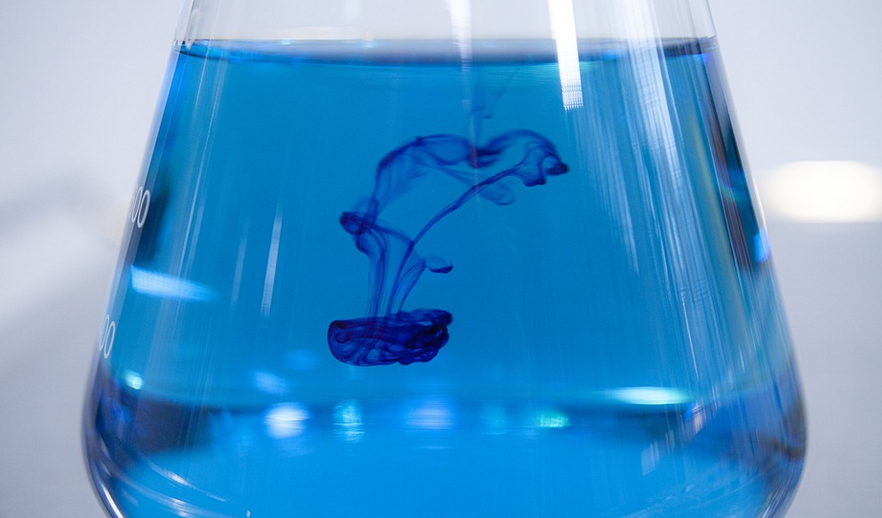Introduction
Water is a vital resource for all living beings on earth. It is the most abundant substance on the planet and plays a crucial role in chemical reactions. When certain substances come into contact with water, they can undergo either a physical or chemical change. In this article, we will explore what happens when substances react with water and determine whether it is a physical or chemical property.
Physical Properties
Physical properties refer to the characteristics of a substance that can be observed or measured without changing its composition. When a substance reacts with water physically, it means that there is no change in the chemical makeup of the substance. One example of a physical reaction is when salt dissolves in water. The salt particles break down into smaller pieces, but the chemical composition of the salt remains the same.
Example:
When Sodium Chloride (NaCl) is mixed with water (H2O), it dissociates into sodium ions (Na+) and chloride ions (Cl-), but the chemical composition of sodium chloride remains unchanged. Therefore, this is an example of a physical reaction with water.
Chemical Properties
Chemical properties refer to the characteristics of a substance that can only be observed or measured by changing its composition. When a substance reacts with water chemically, it means that the composition of the substance changes, and a new substance is formed. One example of a chemical reaction is when iron rusts in water. The iron reacts with oxygen and water to form hydrated iron oxide, which is a different substance than the original iron.
Example:
When Magnesium (Mg) comes into contact with water (H2O), it reacts with the water molecules to form magnesium hydroxide (Mg(OH)2) and hydrogen gas (H2). The formation of a new substance, magnesium hydroxide, indicates that this is an example of a chemical reaction with water.
Conclusion
In summary, when a substance reacts with water, it can undergo either a physical or chemical change. Physical reactions involve no change in the chemical composition of the substance, while chemical reactions result in the formation of a new substance. Understanding the difference between physical and chemical properties is essential in determining the behavior of substances in various environments, including water.

